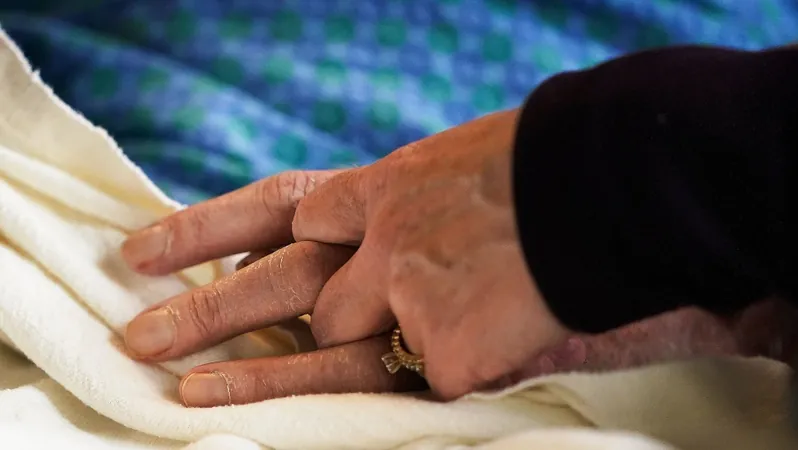
Disability Rights Activists Challenge Controversial MAID Law in Canada
2024-09-26
Disability Rights Activists Challenge Controversial MAID Law in Canada
TORONTO - A coalition of disability rights organizations has announced a bold legal challenge against a contentious aspect of Canada’s medical assistance in dying (MAID) legislation. This move aims to protect vulnerable populations amidst growing concerns about the implications of the law for individuals with disabilities.
The coalition, which includes several disability advocacy groups and two individuals directly affected by the law, asserts that the provisions of "track two" of the MAID legislation have led to premature and unjustified deaths among people with disabilities. This segment of the law permits individuals whose deaths are not imminent but who experience intolerable suffering to access assisted dying, a provision the coalition believes is causing deeper societal issues.
Critics, including executive vice-president Krista Carr of Inclusion Canada, argue that the current framework encourages individuals with disabilities to opt for assisted death due to social isolation, poverty, and inadequate support systems, rather than addressing their true needs. “Many individuals are facing unbearable circumstances not because of their medical conditions, but due to a lack of social support and resources,” Carr stated. “This is more than a legal issue; it’s a moral one. We need to create environments where people with disabilities can thrive, not end their lives.”
In 2021, Canada expanded its MAID program, which raised alarms among disability advocates who fear these changes could normalize assisted death as a solution to societal neglect. The move to challenge the MAID law comes at a crucial time as discussions surrounding the rights of disabled Canadians and ethical medical standards intensify nationwide.
This legal battle asks fundamental questions about the value of life in the context of disability rights and societal obligations. Advocates are calling for reforms that would prioritize improving the quality of life and access to necessary supports for individuals in distress.
As the debate rages on, the coalition seeks not just to challenge the law, but also to encourage a wider societal reflection on the values and support structures in place for some of Canada's most vulnerable citizens. This story is expected to gain significant media attention as it unfolds, highlighting poignant issues surrounding life, dignity, and the role of the state in individual health choices.









 Brasil (PT)
Brasil (PT)
 Canada (EN)
Canada (EN)
 Chile (ES)
Chile (ES)
 España (ES)
España (ES)
 France (FR)
France (FR)
 Hong Kong (EN)
Hong Kong (EN)
 Italia (IT)
Italia (IT)
 日本 (JA)
日本 (JA)
 Magyarország (HU)
Magyarország (HU)
 Norge (NO)
Norge (NO)
 Polska (PL)
Polska (PL)
 Schweiz (DE)
Schweiz (DE)
 Singapore (EN)
Singapore (EN)
 Sverige (SV)
Sverige (SV)
 Suomi (FI)
Suomi (FI)
 Türkiye (TR)
Türkiye (TR)